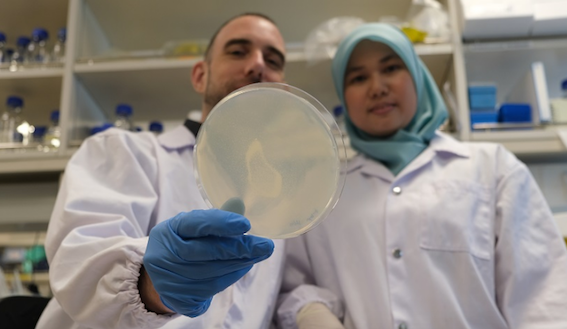
image credit- NTU Singapore
Nanyang Technological University (NTU) Singapore scientists have found that a stress response in cells, when ‘switched on’ at a post-reproductive age, could be the key to slow down ageing and promote longevity.
In lab experiments on a type of roundworm that shares similarities with humans, the NTU Singapore team found that switching on this stress response in aged worms by feeding them a high-glucose diet extended their lifespan as compared to worms fed a normal diet.
This is the first time a link between this stress response and ageing has been uncovered, said the NTU team of their findings published on 19 October in Nature Communications.
While further studies are needed to gain a deeper understanding of this link, the scientists said determining cellular pathways that underpin the ageing process open the door to the development of therapies that could delay the onset or even tackle age-related disorders such as cancer, dementia, and stroke.




